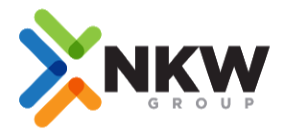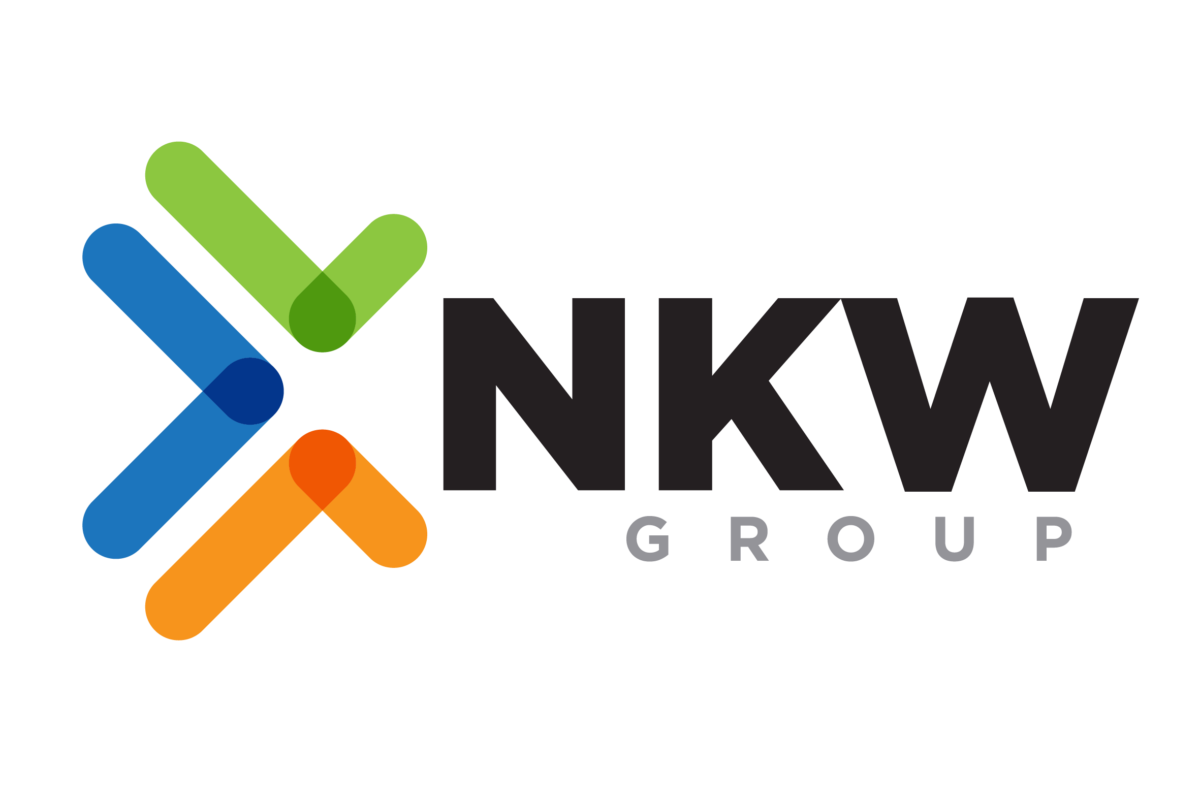How NKW Holdings has experienced massive growth in Papua New Guinea
Papua New Guinea landowner company NKW Holdings has undergone a massive expansion in the past eight years.
NKW Holdings.
Business Advantage PNG (BAPNG): How did NKW start?
NKW was born out of the landowner policy that is attached to the mining industry. There was a landowner association formed before the Hidden Valley gold mine [in Morobe Province]. NKW is basically the business arm of that association; the company was conceived in 2004 under the Memorandum of Agreement for the gold mine.
We’re owned by the traditional landowners for the mine and manage their onsite contracts, external investments and sustainability going forward.
‘A lot of people realise now that we are in a great space and are trying to become our business partners of ours, which is great.’
We represent about 3000 people. They’re all shareholders. The three initials, N, K and W, are the initials of the three clans who are the traditional landowners.
We were conceived through seed funding. We got a million kina from the provincial government and another million kina from the development itself, spread out over a few years. That allowed us to buy two buses. In the beginning, we were transporting personnel on and off site down to the airport.
BAPNG: How diverse is the group now?

Credit: NKW
MB: We’ve got 12 different business arms now—divisions and subsidiaries all at various levels, but they all dovetail into our core business.
They include catering and camp management, logistics, building and construction and agriculture—NKW Fresh operates fresh produce collection depots in Kainantu, Wau and Lae and support them with highly efficient transport logistics. They somewhat work well together.
We also bought out our joint venture partners in the catering game. We now own 100 per cent of NKW Catering. We’ve got other projects on the go with Hidden Valley and got a lot of interest from other developers, not only in Papua New Guinea but overseas as well.
We’re big on procurement. We’ve gone into Mountain Coffee and are exporting green beans to Germany, the US, Sweden and Australia.
BAPNG: What have you been able to do make sure your coffee growers get as much from their beans as they can?
We’ve acquired a coffee mill in Wau, which is where most of our landowners are from. That’s organically certified coffee and there are 400 smallholder certified organic suppliers as well. We’ve got management on staff and they’ve all been trained in Australia in cupping and grading coffee. They’re in the field all the time, making sure we’re getting the best quality coffee.
BAPNG: Do you have an investment arm or an investment strategy?
We’ve got an investment committee and we are getting proposals all the time. A lot of people realise now that we are in a great space and are trying to become our business partners of ours, which is great. We’re trying to strategize over short, medium and long-term, so that we’ve got some projects to develop over time.
‘When I started with the company in 2011, we had 32 employees and a turnover of about K1.5 million. We now have about 2000 employees, and turnover about K200 million.’
We’ve just acquired some turnkey operations, such as Pacific Cargo Services (freight forwarding and customs clearing). We’ve opened up an office in Brisbane that is working well and that’s growing every day our business between Australia and PNG. We’ve acquired a procurement business, Expac Queensland, and opened up Expac PNG.
BAPNG: That indicates you are interested in having a vertically integrated business as well?
We’re in the coffee game and export our own coffee; we obviously handle it through Pacific Cargo Services. Now, the next step is whether we look at roasting houses in Australia so we can have control of our finished product.
We’re working on a cocoa program at the moment with a view to close that out in December. We’ve had meetings with the Cocoa Board CEO and that’s been very fruitful.
BAPNG: If a company wanted to partner with you, what sort of opportunities might be suitable?
The new government policy now is to have as much local content as possible. We can offer that in a variety of fields. We’re a good starting point for anyone coming in.
We had 32 employees and a turnover of about K1.5 million. We now have about 2000 employees, and turnover about K200 million. We see the economy ramping up. I think the mood of the conversations that everyone’s having at the moment is fairly good and so we’re just preparing ourselves for that.


